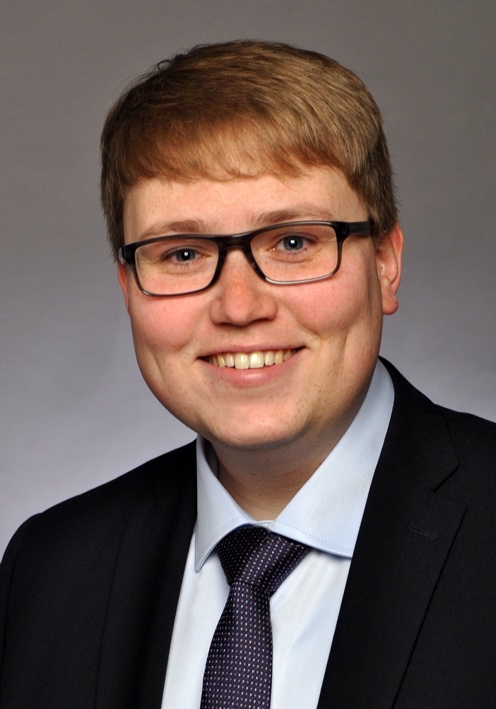What did you study?
I studied energy technologies and energy systems engineering.
In which subject area did you do your doctorate and what did you research?
I did research in the field of energy systems technology, first on the grid integration of electromobility and later on the system integration oflow-CO2 steelworks.
What is your current job like?
In principle, I am continuing my research work: I am developing a mixed integer linear optimization model of the smelter and simulating the future energy flows. I use the model to estimate the future demand for green electricity and investigate the possible use of energy storage systems. I develop scenarios and strategies for the future procurement of green hydrogen.
Did you spend any time abroad during your studies or doctorate?
No, I have never been outside TU Clausthal.
Did you do any (voluntary) work on the side?
I played in the TUC symphony orchestra right from the start and was treasurer in the meantime.
Did you take part in interdisciplinary further education programs?
I took part in the certificate program of the Center for University Didactics and in some workshops of the Graduate Academy - that helped me a lot in my personal development.
What language skills do you need in your job today?
German and English
Did you gain any practical experience during your training?
I was able to gain experience at a network operator during the industrial internship in my Bachelor's degree.
What did you benefit from most in your job?
I benefit most from:
1. methodical and structured work - problems rarely come with instructions on how to solve them.
2. very good knowledge of myself through the many workshops - this helps especially when dealing with colleagues and superiors.
3. resilience - somehow you have been able to endure six years as a research assistant with a doctorate.
What do you need in your job today that you didn't learn during your studies/doctorate?
Of course there are new tasks now, but I feel well prepared and have learned the right tools to be able to handle them. What I didn't learn (because I didn't have time for the workshops) is the right approach to salary negotiations and target discussions with superiors - but that's only half the story.
Is there anything you would like to pass on to our graduates?
Don't go crazy if you don't know where you're heading at the beginning. Try things out, take advantage of opportunities for further development - and then you'll find a path, a topic and then a job. I would never have thought at the beginning that I would now be working in a steel mill. And now I can't imagine anything else.

